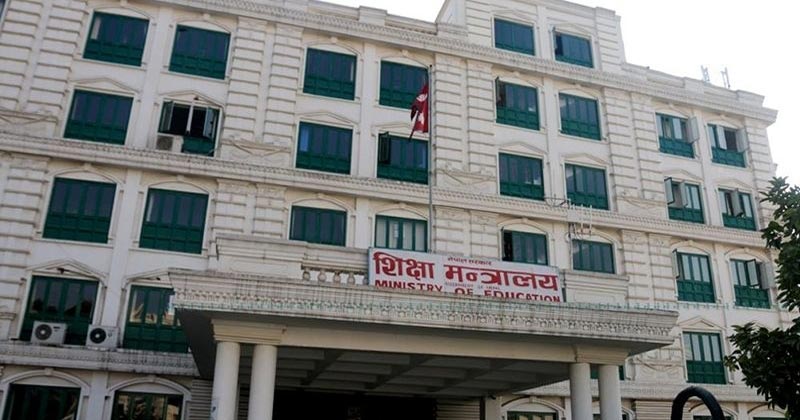
Reviving School Resource Centers with Retired Education Professionals
The Ministry of Education, Science, and Technology has recently unveiled guidelines outlining new roles for retired education professionals, paving the way for these experts to continue contributing to the education sector post-retirement. These guidelines are part of the School Supervision and Professional Assistance Guidelines-2080, spearheaded by Education Minister Ashok Rai, aiming to improve the quality of education at a grassroots level.
The guidelines coincide with the announcement in the 2080/081 budget that 1053 school resource centers, previously discontinued five years ago, will be reinstated. The Finance Minister, Prakash Sharan Mahat, has emphasized that these centers will be pivotal for initiatives like teaching observation, model teaching, and refresher programs, with resource personnel playing a critical role.
Eligibility and Selection Criteria for Resource Experts
According to these guidelines, eligibility for these resource expert positions will largely be restricted to those who have retired from the education service. The selection process will favor those with extensive experience in the field, a move that has stirred some controversy.
Potential candidates should meet the following criteria:
- Age between 21 and 65
- Minimum of ten years of service in an officer-level position in the education service or ten years of experience as a secondary teacher.
In terms of evaluation, the selection process will be scored out of 100, with 20 points attributed directly to experience. Additional categories include:
- Introduction (15 points)
- Presentation (10 points)
- Academic qualification (10 points)
- Leadership skills (10 points)
- Work experience (20 points)
- Group discussion (5 points)
- Problem-solving skills (10 points)
- Interview (20 points)
This scoring system has met with criticism, as it could potentially limit opportunities for the new generation of educators due to their lack of experience, despite their qualifications and abilities.
Implementation and Impact
The ministry plans to appoint at least one resource expert at each local level, implying nationwide recruitment of around 1,000 experts. The local level will bear the responsibility of arranging the salary for these positions, adhering to the second-level salary facility authorized by Section 19 of the Education Act 2028.
The appointed experts, required to hold a Master's degree, will have significant responsibilities, including inspecting at least ten schools per month. Their role aims to improve the quality of schools by leveraging their experience to supervise and regulate educational activities.
Despite certain criticisms, the ministry has defended these measures. Ministry spokesperson Deepak Sharma emphasized the need for experienced professionals to improve school quality and maintain regular inspections.
The implementation of these guidelines signifies a step towards strengthening the education system, albeit with potential growing pains as they exclude younger educators. It remains to be seen how this initiative will evolve and influence education at the local level in the long term.





